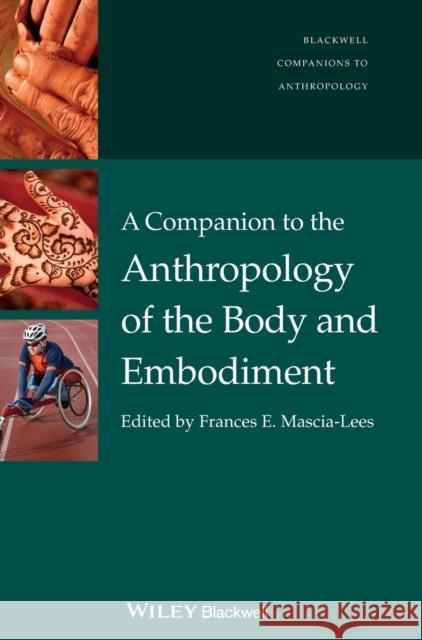A Companion to the Anthropology of the Body and Embodiment » książka
topmenu
A Companion to the Anthropology of the Body and Embodiment
ISBN-13: 9781405189491 / Angielski / Twarda / 2011 / 556 str.
A Companion to the Anthropology of the Body and Embodiment offers original essays that examine historical and contemporary approaches to conceptualizations of the body.
- In this ground-breaking work on the body and embodiment, the latest scholarship from anthropology and related social science fields is presented, providing new insights on body politics and the experience of the body
- Original chapters cover historical and contemporary approaches and highlight new research frameworks
- Reflects the increasing importance of embodiment and its ethnographic contexts within anthropology
- Highlights the increasing emphasis on examining the production of scientific, technological, and medical expertise in studying bodies and embodiment











